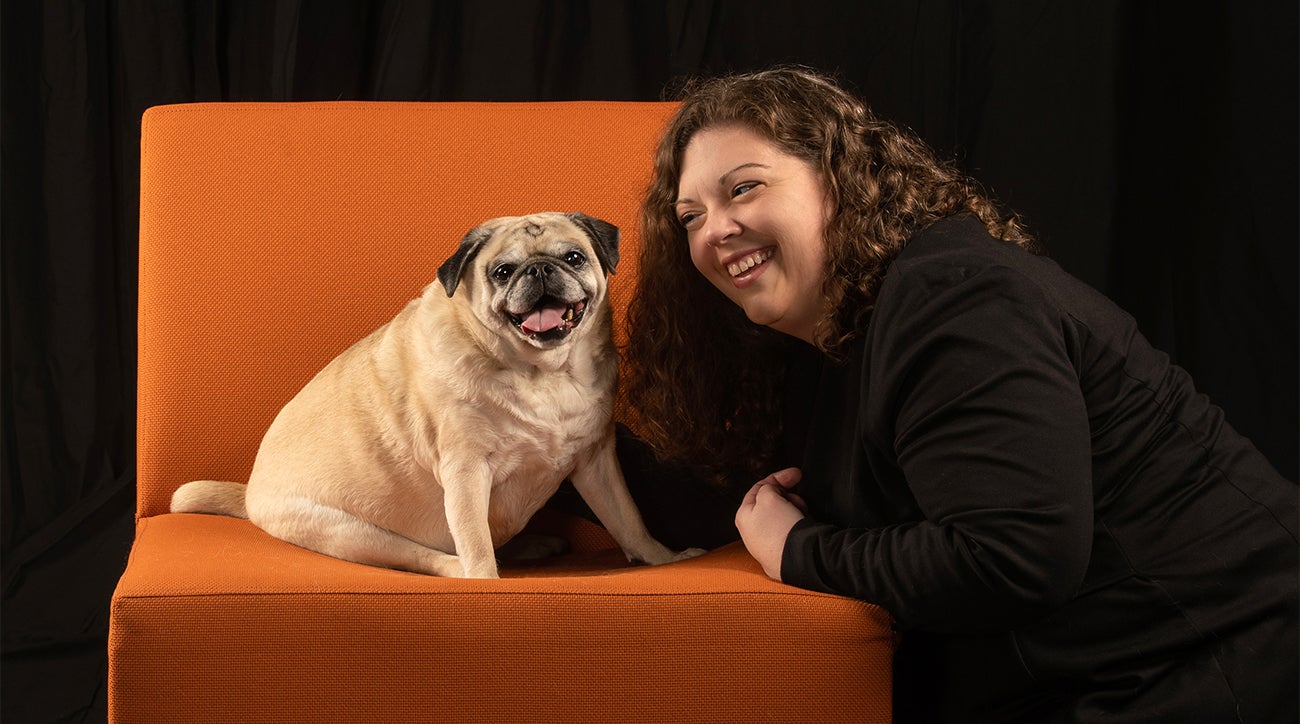
Shelly Volsche, clinical assistant professor of anthropology, recently published the first paper in her project on human-animal attachment and caretaking behaviors (pet parenting). The article, published in the current issue of Evolutionary Psychology, focuses on a United States sample, providing a baseline by measuring differences between parents and nonparents on a variety of factors related to our relationships with companion animals.
Volsche found that nonparents reported higher levels of attachment and caretaking behaviors compared to parents. This evidence suggests that human parenting strategies are flexible, allowing for the nurturing and care of other species in lieu of biological reproduction. Based on Volsche’s other work, this appears to be a phenomenon that occurs in societies where reproductive rates are declining.
The one exception is the investment in training and play, likely because parents and nonparents both need their companion animals to be successful in a human-centric world, Volsche said.
Volsche is working with global colleagues to collect international data. A paper comparing the United States and India is currently in press, with more data coming from Japan, Finland, Brazil, Uruguay, Argentina, and Poland in the coming months.
Read Brianne Phillips’ feature about Volsche’s research that appeared in the spring 2021 issue of Focus, Boise State’s alumni magazine.